Arvind Kejriwal, the Chief Minister of Delhi, is awaiting a crucial Supreme Court verdict on his bail plea in connection with the Delhi excise policy case. After the Delhi High Court upheld his arrest by the Central Bureau of Investigation (CBI) on August 5, Kejriwal moved the Supreme Court, challenging both his detention and the denial of bail. The case revolves around alleged corruption in the implementation of the Delhi government’s now-scrapped excise policy for 2021-22. In a separate but related investigation, the Enforcement Directorate (ED) has also filed a money laundering case against Kejriwal, accusing officials of favoring certain license holders. While Kejriwal was granted interim bail by the Supreme Court in the ED’s case, key legal questions remain under review. The verdict, expected on September 13, will be delivered by a bench led by Justice Surya Kant, following a hearing in which the CBI argued Kejriwal should have sought bail from the trial court first. The Aam Aadmi Party (AAP) remains hopeful as the judgment could significantly impact the ongoing legal battle.
Arvind Kejriwal awaits Supreme Court verdict on his bail plea in Delhi excise policy case: 10 key points
1. Arvind Kejriwal has approached the Supreme Court, contesting the Delhi High Court’s August 5 ruling that upheld his arrest in the excise policy case.
2. The Supreme Court is set to announce its decision on Friday, September 13, regarding Kejriwal’s bail plea and his challenge to the arrest by the Central Bureau of Investigation (CBI) in connection with the alleged corruption case.
3. Aam Aadmi Party (AAP) Rajya Sabha MP Raghav Chadha expressed optimism, stating they are “hopeful” as they await the Supreme Court’s judgment.
4. According to the Supreme Court’s cause list for September 13, a bench led by Justice Surya Kant, with Justice Ujjal Bhuyan, will deliver the ruling at 10:30 AM. On September 5, the bench had reserved its decision on the petitions.
5. Kejriwal has filed two petitions: one challenging the denial of bail and the other contesting his arrest by the CBI. The AAP chief was taken into custody on June 26 by the federal agency.
6. Kejriwal has also challenged the Delhi High Court’s ruling, which upheld his arrest, arguing that the evidence against him had been gathered lawfully post-arrest, and his detention was neither unjustified nor illegal. However, the High Court permitted him to seek bail from the trial court.
7. The case revolves around alleged corruption linked to the formulation and implementation of the Delhi government’s now-scrapped excise policy for 2021-22.
8. In a related development, the Enforcement Directorate (ED) has filed a separate money laundering case connected to the alleged excise policy “scam.” The ED arrested Kejriwal on March 21 as part of its investigation.
9. Both the CBI and ED have accused officials of manipulating the excise policy to benefit license holders. However, Kejriwal was granted interim bail by the Supreme Court on July 12 in the money laundering case, while key questions regarding the necessity of his arrest under the Prevention of Money Laundering Act (PMLA) have been referred to a larger bench.
10. During the September 5 hearing, Kejriwal’s defense challenged the CBI’s stance that he should have approached the trial court for bail first. The CBI’s representative, Additional Solicitor General SV Raju, countered that Kejriwal should have initially sought bail in the trial court, as was advised by the Supreme Court in the ED’s money laundering case.
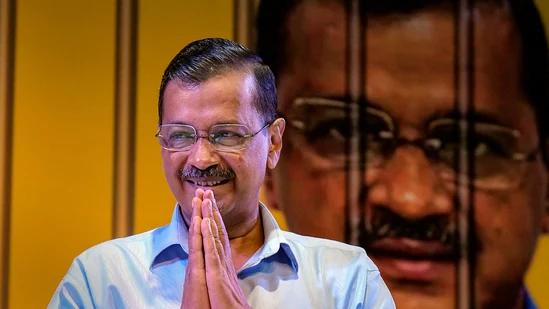

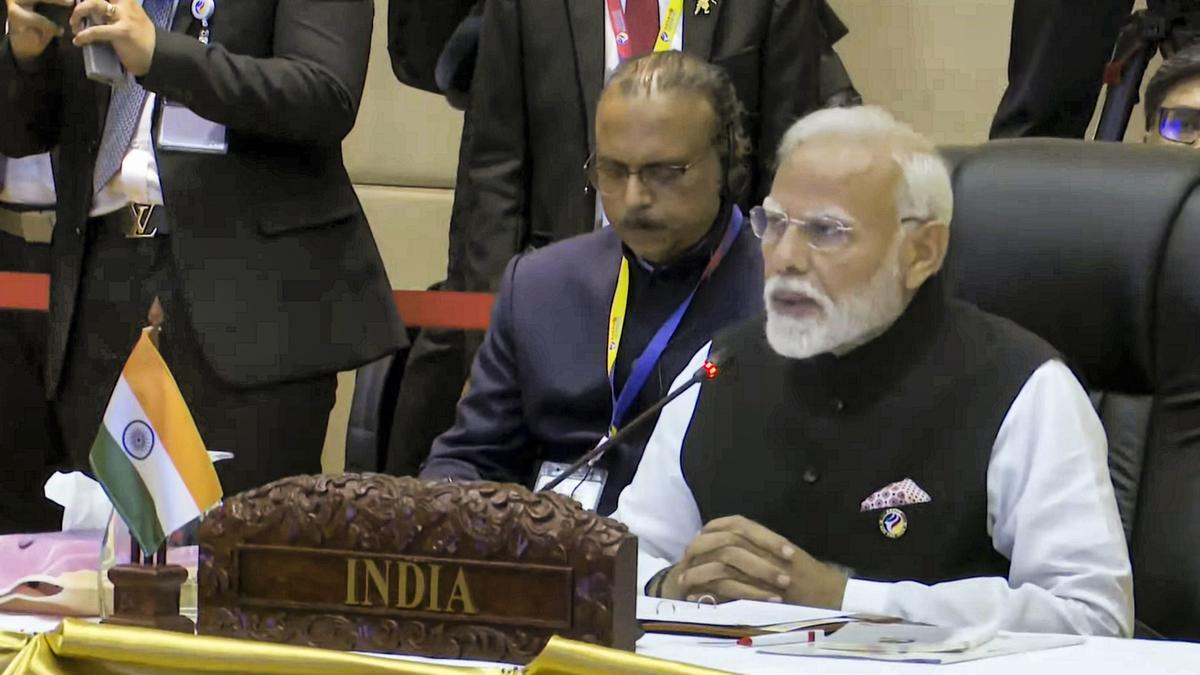
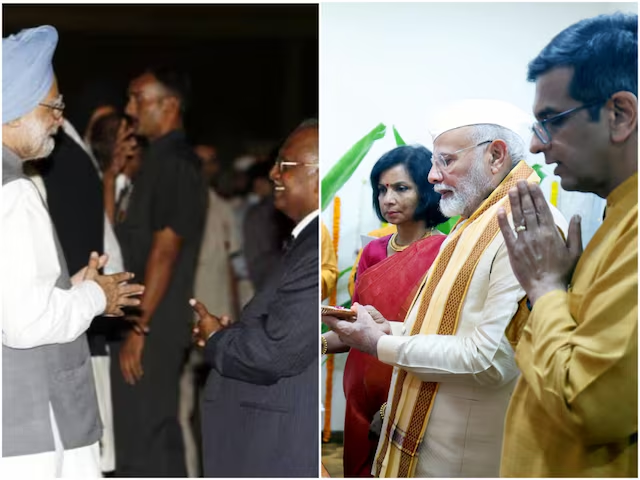

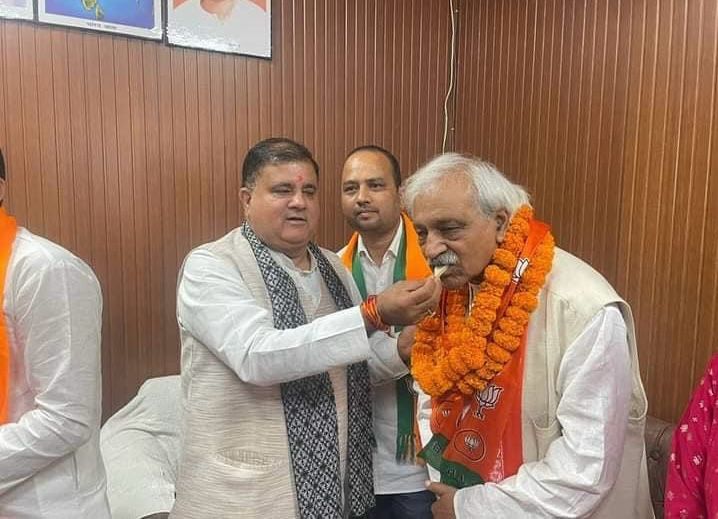
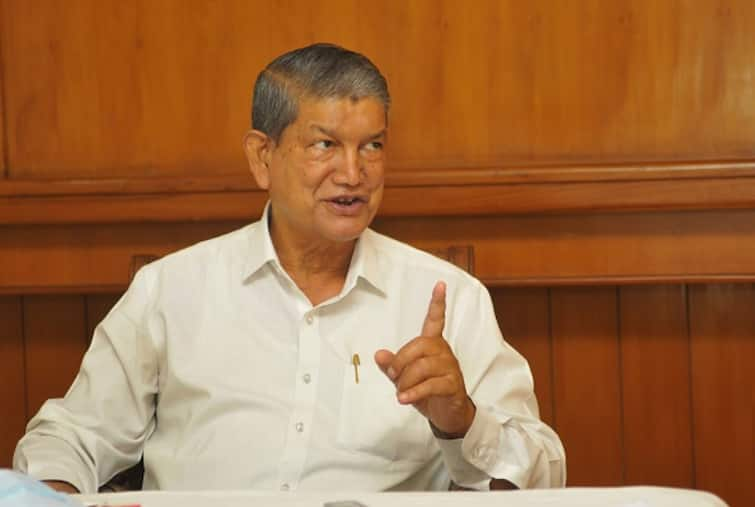
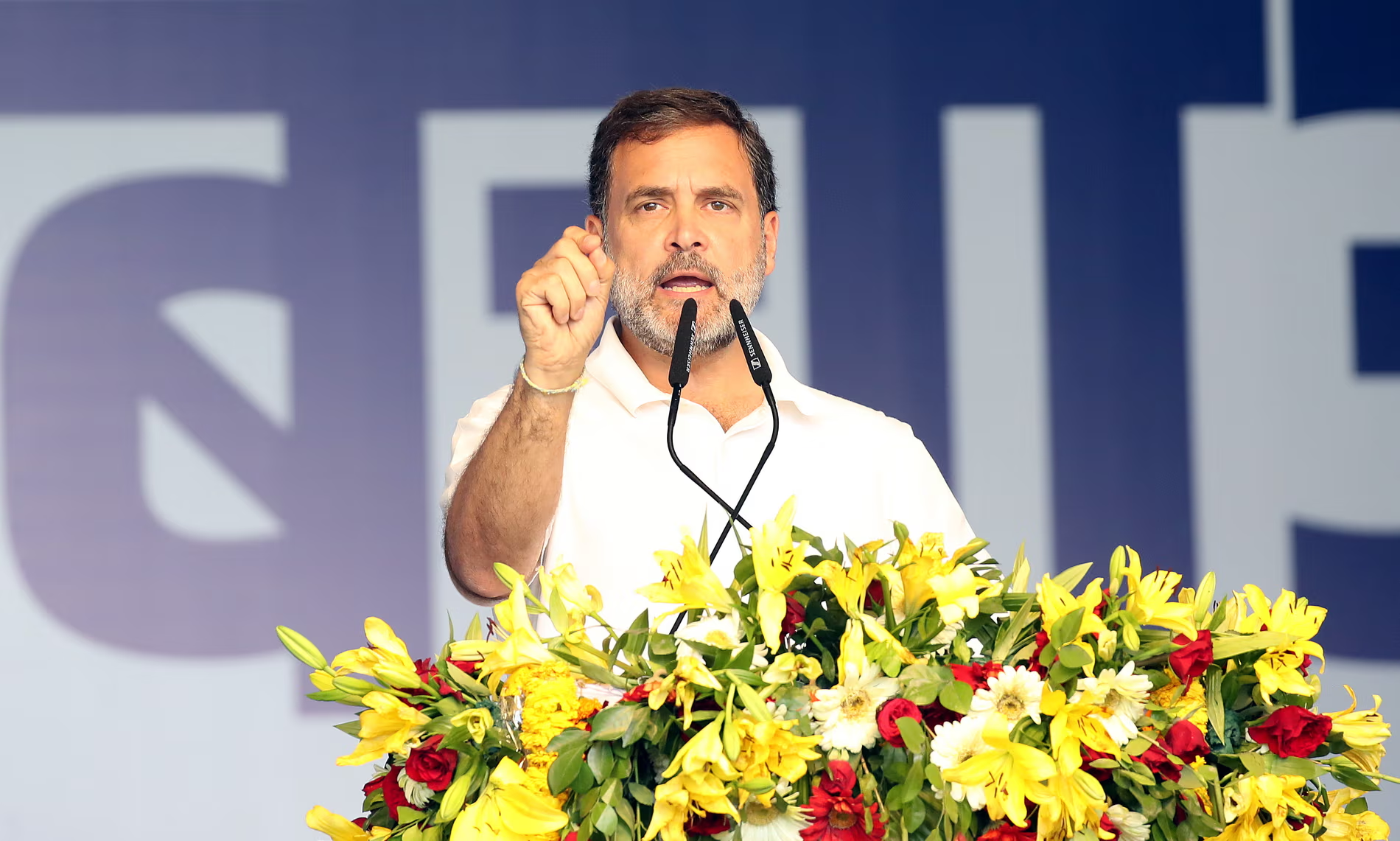
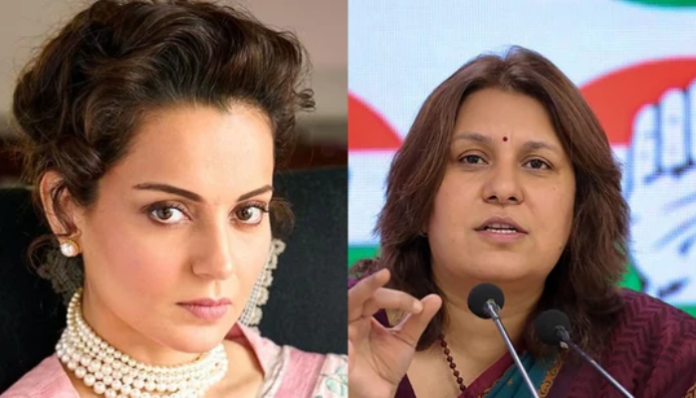
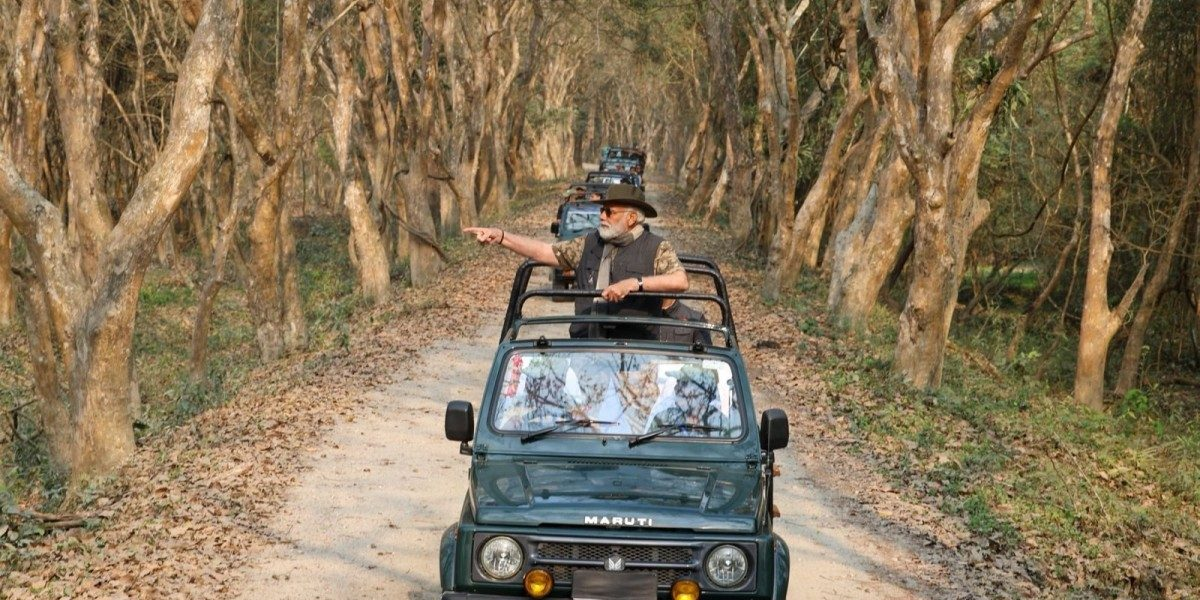
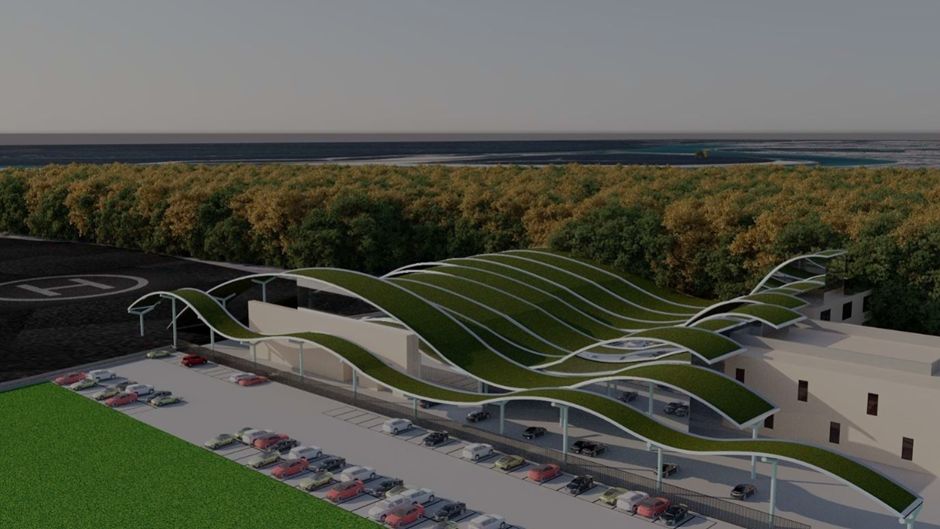
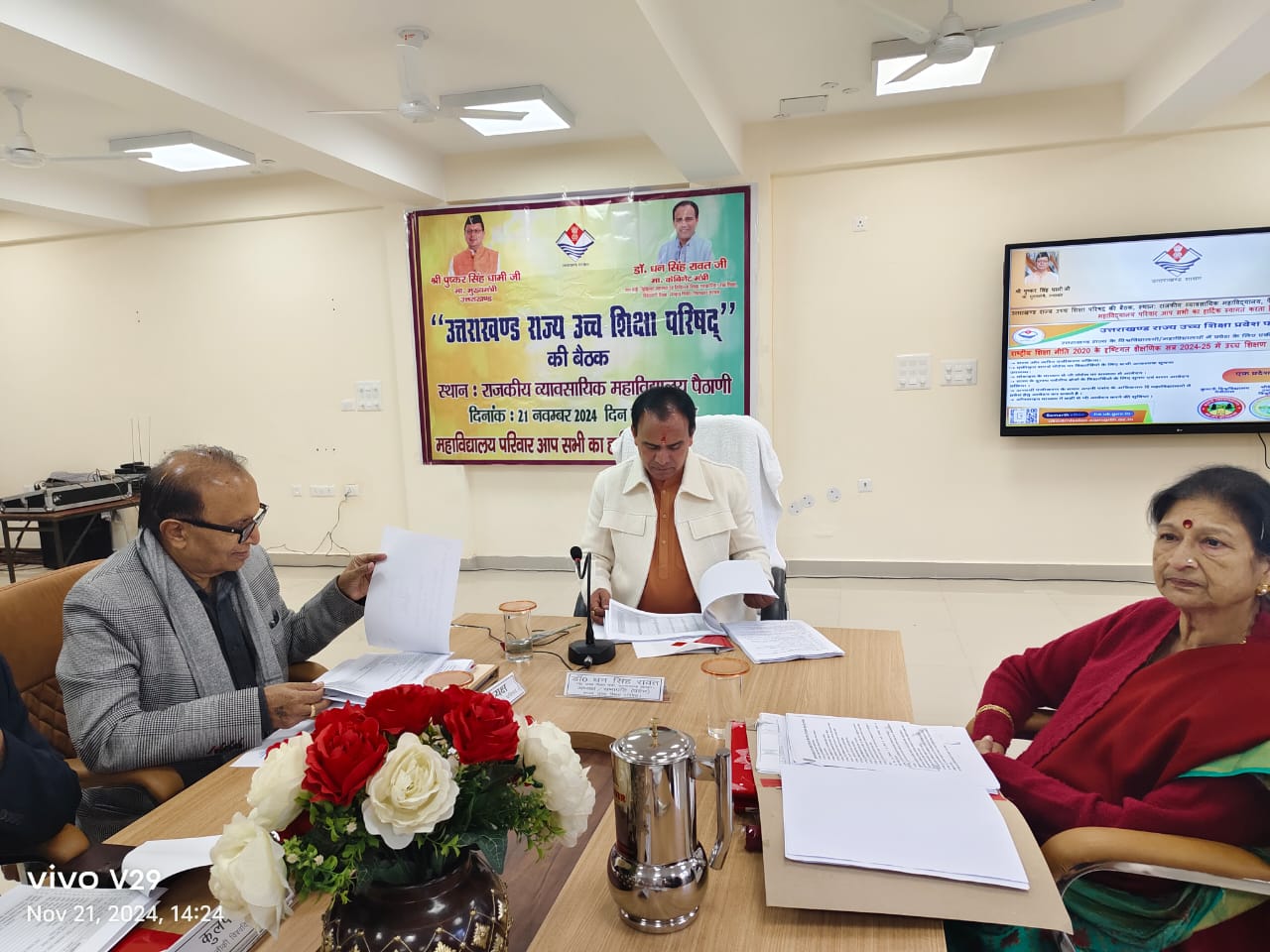


Leave a Reply